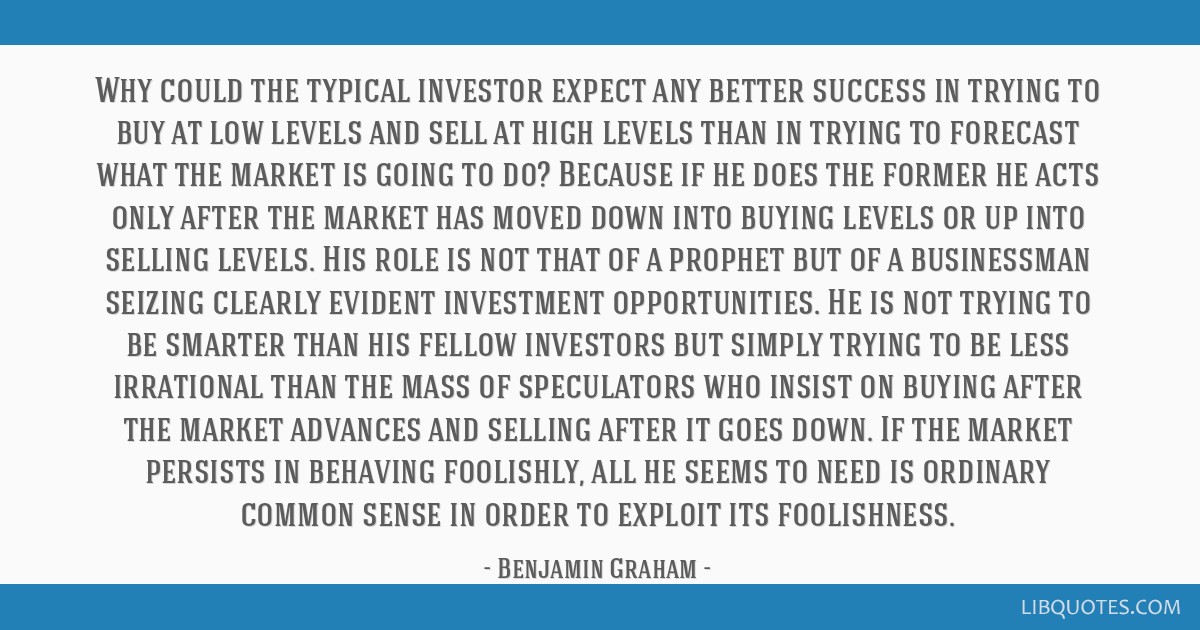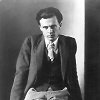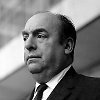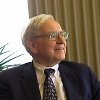Why could the typical investor expect any better success in trying to buy at low levels and sell at high levels than in trying to forecast what the market is going to do? Because if he does the former he acts only after the market has moved down into buying levels or up into selling levels. His role is not that of a prophet but of a businessman seizing clearly evident investment opportunities. He is not trying to be smarter than his fellow investors but simply trying to be less irrational than the mass of speculators who insist on buying after the market advances and selling after it goes down. If the market persists in behaving foolishly, all he seems to need is ordinary common sense in order to exploit its foolishness.
Chapter II, The Investor and Stock-Market Fluctuations, p. 31 - The Intelligent Investor: The Classic Text on Value Investing (1949)























